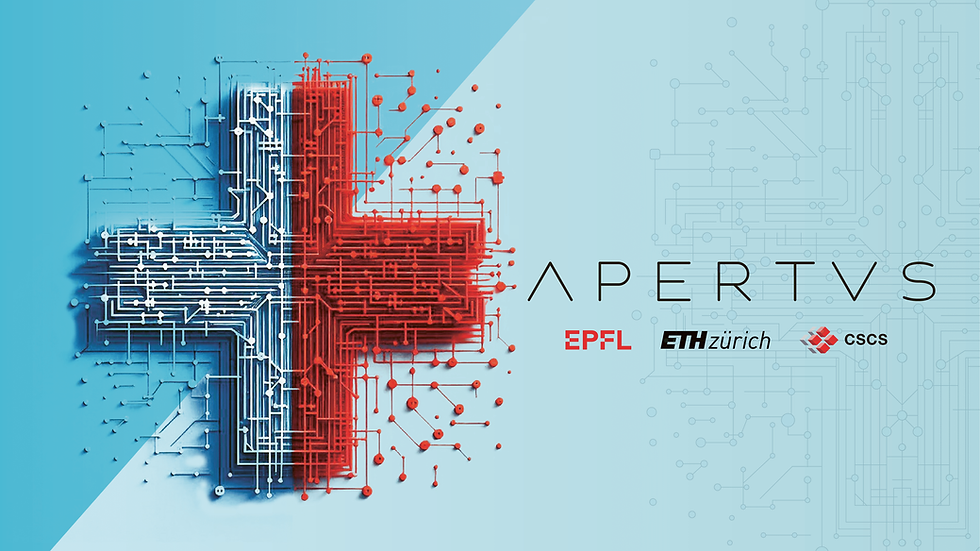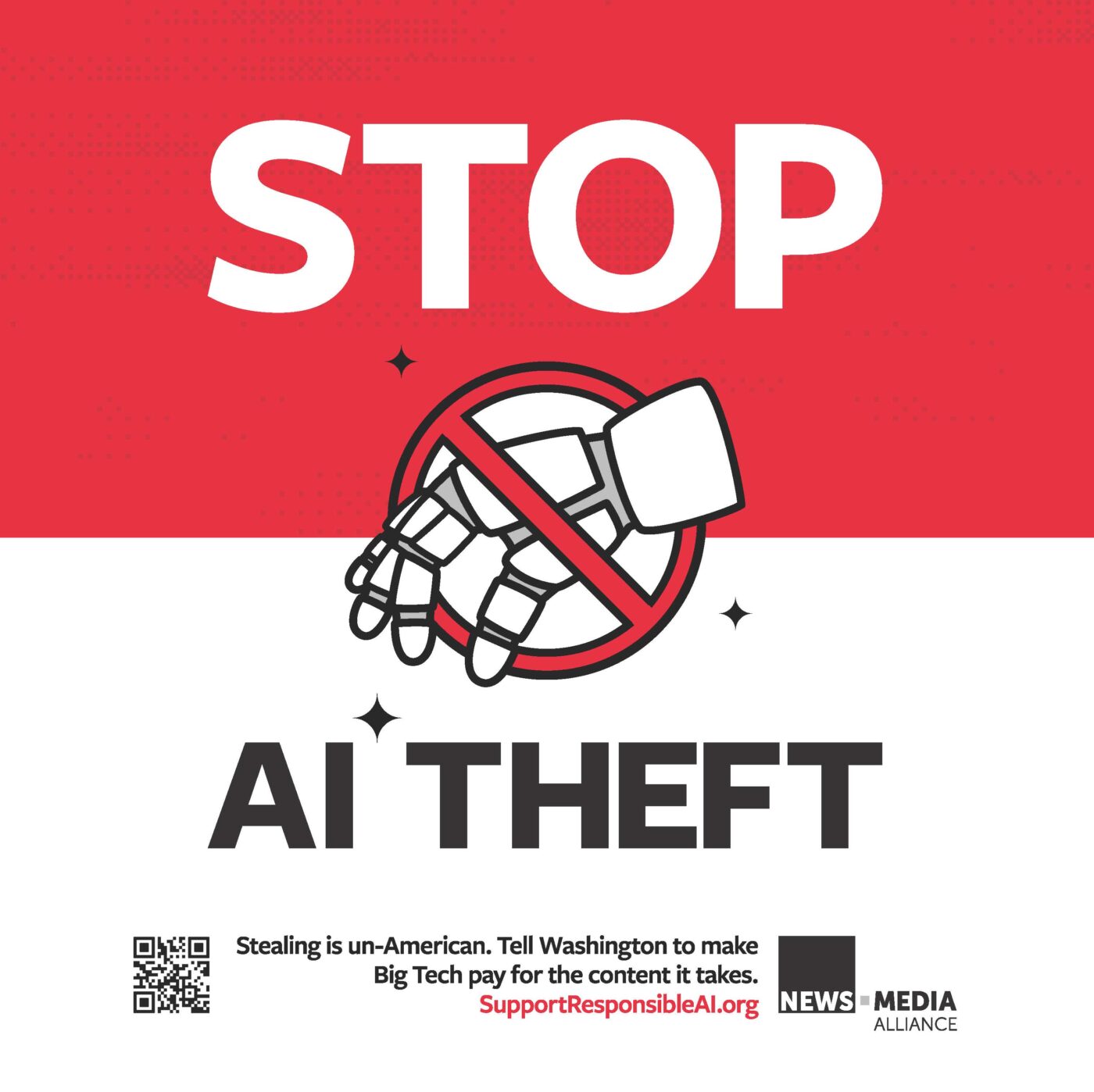Explore Meta’s vision of personal superintelligence, where AI empowers individuals to achieve their goals, create, connect, and lead fulfilling lives. Insights from Mark Zuckerberg on the future of AI and human empowerment.
Mark Zuckerberg has just posted his vision of superintelligence: Personal Superintelligence. He starts by reiterating what a lot of people are saying; namely that AGI (Artificial General Intelligence) or superintelligence is coming soon,
Over the last few months we have begun to see glimpses of our AI systems improving themselves. The improvement is slow for now, but undeniable. Developing superintelligence is now in sight.
He distinguishes what Meta is going to do with superintelligence from “others in the industry who believe superintelligence should be directed centrally towards automating all valuable work, …”. The “others” here is a poke at OpenAI who, in their Charter, define AGI as “highly autonomous systems that outperform humans at most economically valuable work …” He juxtaposes OpenAI as automating work (for companies and governments) while Meta will put superintelligence in our personal hands for creative and communicative play.
Along the way, Zuckerberg hints that future models may not be open any more, a change in policy. Until now Meta has released open models rather than charging for access. Zuckerberg not worries that “superintelligence will raise novel safety concerns.” For this reason they will need to “be rigorous about mitigating these risks and careful about what we choose to open source.”
Why don’t I trust either Meta or OpenAI company?


